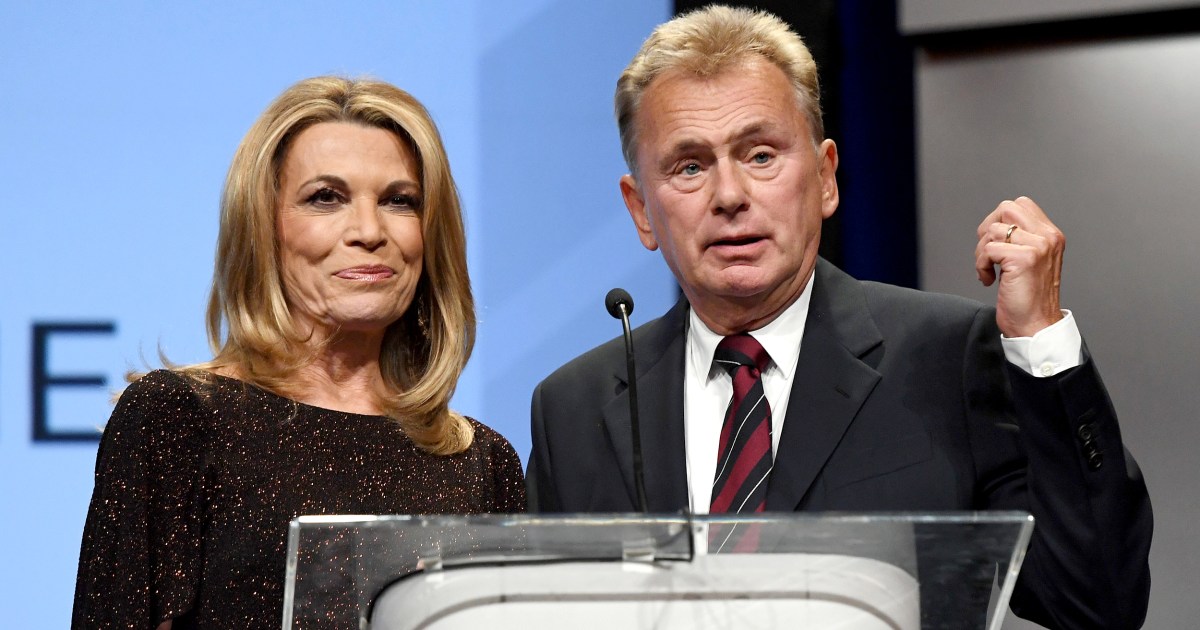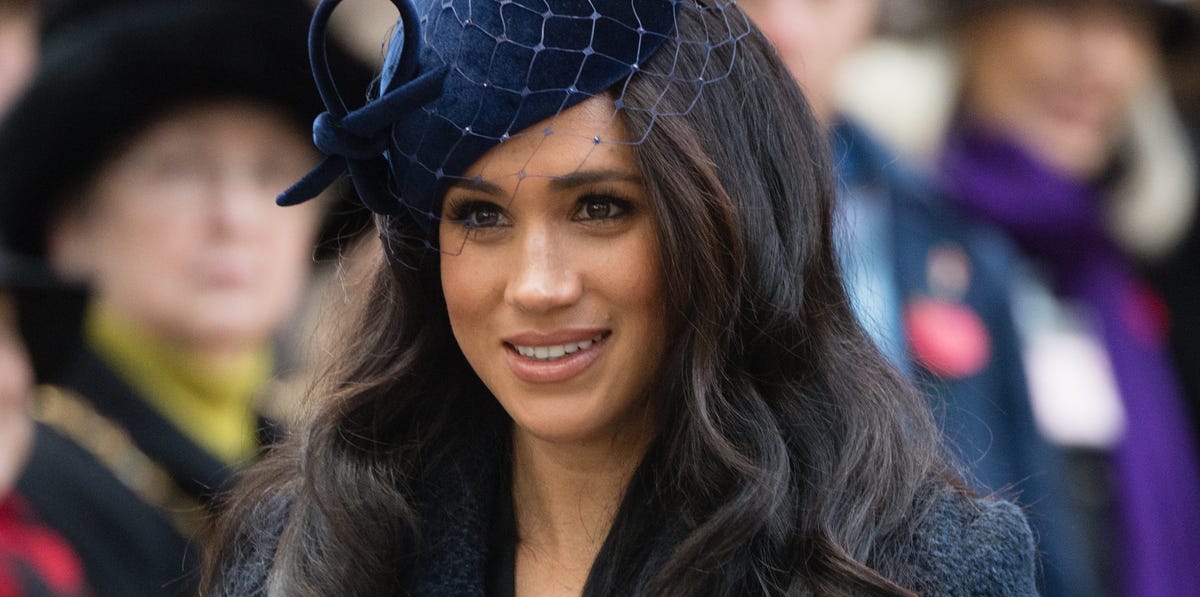The media industry is rapidly evolving, and Disney, one of the biggest media companies on the planet, needs to stay ahead of the curve. There's competition everywhere. Legacy media companies like NBCUniversal and CNN's parent company, WarnerMedia, are ramping up new streaming services. So are tech giants like Apple, to match consumers' changing tastes while digital disruptors like Netflix and Amazon continue to stockpile subscribers.
Disney has created an empire around theme parks, merchandising, live TV and a blockbuster film slate, but now the nearly 100-year-old company is moving into an entirely new business in streaming video. With a competitive subscription price, marketing muscle and a trove of beloved content from Disney's valuable vault, Disney+ is the key to the company's future.
But it also marks a costly shift from Disney's longtime business model. Media networks make up the company's largest division, but its profits
have slumped in recent years. Streaming threatens to speed up the decline of that moneymaking unit.
For Iger, Disney+ will likely be the capstone on an illustrious career. Billions will be on the line if Disney+ succeeds or fails, but so will the legacy of Hollywood's biggest CEO.
Calculated risk
Trip Miller, a Disney shareholder and managing partner at hedge fund Gullane Capital Partners, described Iger as "a very intelligent and calculated risk taker," adding that throughout his tenure, Iger has made big bets in acquiring studios and production companies that are heavy on popular content. This includes everything from purchasing Marvel Studios for
$4 billion in 2009, to Lucasfilm — home of Star Wars —
for $4 billion in 2012, to buying Fox earlier this year.
Iger's first big bet as CEO was to bolster Disney's animation studio, which had suffered from a string of box-office disappointments including "Treasure Planet," "Brother Bear" and "Home on the Range." After years of "long-simmering animosity" between Disney and Pixar, Iger reached out to Apple CEO and Pixar chairman, Steve Jobs, to repair the relationship. Less than a year later, Disney
closed a $7.4 billion deal to buy the innovative animation studio.
It was a smart move: the Pixar acquisition reinvigorated Disney's animation business.
According to Miller, Disney+ is just another calculated risk of Iger's, but it's one that he and Disney needed to make.
"Sometimes in life the greatest risk is not taking one," Miller told CNN Business.
Miller added that Iger and Disney "really bet on this new direction," so if at the end of the day the new service is not perceived as successful, "the question becomes, 'well, now what?'"
But even if Disney+ flops, Miller said it probably won't break the company.
"Disney is going to be around in 50 years unless they're acquired, whether this works or not. But, boy, it'd make it a whole lot more valuable if it did work," he said.
And Disney+, which launches November 12, has a lot working in its favor. The service will feature
multiple shows from its superhero studio Marvel and a few original "Star Wars" series including its flagship show "
The Mandalorian." Also on the slate are films and series from Pixar and every film from Disney Animation since 1937's "Snow White and the Seven Dwarfs," as well as documentaries from National Geographic. Disney+ will be the exclusive home to more than 600 episodes of "The Simpsons," too.
All of this will cost consumers
just $6.99 a month — a price low enough to trigger audible gasps in the room when the company announced it at Disney's investor day in April.
In August, Disney
announced it will also offer a bundle that includes Disney+, ESPN+ and commercial-supported Hulu for $12.99 a month.
Disney+ may be a calculated move, but Iger believes in the importance of risk-taking.
"In ever-changing, disrupted businesses, risk-taking is essential," Iger wrote in his memoir, "The Ride of a Lifetime."
"Innovation is vital, and true innovation occurs only when people have courage," Iger said. "Fear of failure destroys creativity."
He discusses Disney+ specifically in the book, explaining that while streaming video is hastening the disruption of the company's core businesses like film and TV, it's allowed Disney to fully commit to a new and innovative business path: "becoming a distributor of our own content, straight to consumers, without intermediaries."
In fact, Iger believes the 2017 announcement of Disney+ "marked the beginning of the reinvention of the Walt Disney Company."
'Counter-cultural for Disney'
Larry Downes, who studies disruptive technologies and recently co-authored the book "Pivot to the Future," told CNN Business that as the world's largest movie studio, Disney "can't afford to ignore any new market that offers them the opportunity to leverage their vast library of intellectual property."
"Much as VCRs and DVDs did decades ago, the initial economics of these new distribution channels are uncertain and counter-cultural for Disney," Downes added. "But they know from experience that once they embrace them, and mold them in their own particular way, they will grow the company even more and faster."
As with any major endeavor, Disney is going to have to invest in the service — and sacrifice revenue in the near term.
Michael Nathanson, a media analyst and founding partner at MoffettNathanson, pointed out that Disney+ will suffer major losses, at least in the beginning. That's because Disney is not only building a Netflix competitor; it's also losing hundreds of millions in licensing fees by pulling its content from streaming rivals like Netflix.
MoffettNathanson estimates Disney's streaming services, which include Disney+, Hulu and ESPN+, could lose roughly $4.5 billion in fiscal year 2020 and $3.6 billion in fiscal year 2021.
"It's like building a theme park. You have to build a service in advance that people want to subscribe to," Nathanson told CNN Business. "The market and Disney both understand that you need to suffer upfront losses if you want to be in the business at scale."
Iger understands this too.
The CEO wrote in his memoir that the cost of building the app and content for Disney+ "combined with the losses incurred by undercutting our own traditional businesses" will lead to reduced profits by "a few billion dollars a year over the first few years."
"It would take some time before success would be measured in profits," Iger wrote about Disney+. "First, it would be measured in subscribers."
Disney is hoping Disney+ can grow and scale quickly. The company has projected the service will have 60 million to 90 million global subscribers by 2025. By then, the company plans to be investing $2.5 billion annually on original programming.
Disney plans to reach profitability across streaming within five years. That may not seem like a long time from now, but it can be a lifetime in the media business.
Iger's good fortune
A lifetime is about what Iger has spent in media: He began his 45-year career as a weatherman at a local TV station in New York. After failing at that, Iger eventually ended up in production at ABC, which allowed him to meet and work alongside legendary ABC executives like Roone Arledge, Tom Murphy and Dan Burke.
"It's an extraordinary experience to have to work for people who are considered the best in the business...that's incredibly good fortune on my part," Iger
told CNN's Christiane Amanpour. "It wasn't planned, it's just good luck."
That good luck continued after Disney bought ABC in 1995, giving Iger the chance to work alongside then Disney CEO Michael Eisner. The pair had a fraught relationship at times, but Eisner taught Iger about leadership and gutsy decisions.
"I learned tremendous amounts from him about creativity: particularly multi-disciplined creativity, about theme park creativity, and movie creativity," Iger said. "I was a TV person. And he had incredible guts, he did big things. That's something that I believe in as well."
As much as the success or failure of Disney+ will impact the company's bottom line, it'll also impact Iger's own personal legacy as he plans to step down in 2021. ("Plans to" would seem to be the key phrase, since Iger has delayed his retirement multiple times in the past; still, he has definitively stated that won't be the case this time around.)
That means Iger is taking on one of his most ambitious endeavors in his tenure during the twilight of his career as Disney CEO.
"This will likely be the biggest thing going on when he exits," said Miller, the Gullane Capital managing partner. But "while this will be an important component [to his legacy] — and obviously if it doesn't go so well, people tend to anchor on what happened most recently — I don't think it erases all the great work that he's already done and the respect that he has in the industry."
Iger clearly isn't afraid of potential damage to his legacy. His memoir is full of lines about embracing change.
"Now more than ever: innovate or die," Iger wrote. "There can be no innovation if you operate out of fear of the new."
So can Disney+ sign up the millions of users it needs to compete with the king of streaming, Netflix? Or is it too little, too late for Disney — and arguably the rest of legacy media — to catch up?
Iger, and the media industry, are about to find out.
https://www.cnn.com/2019/11/08/media/disney-bob-iger-risk-takers/index.html










